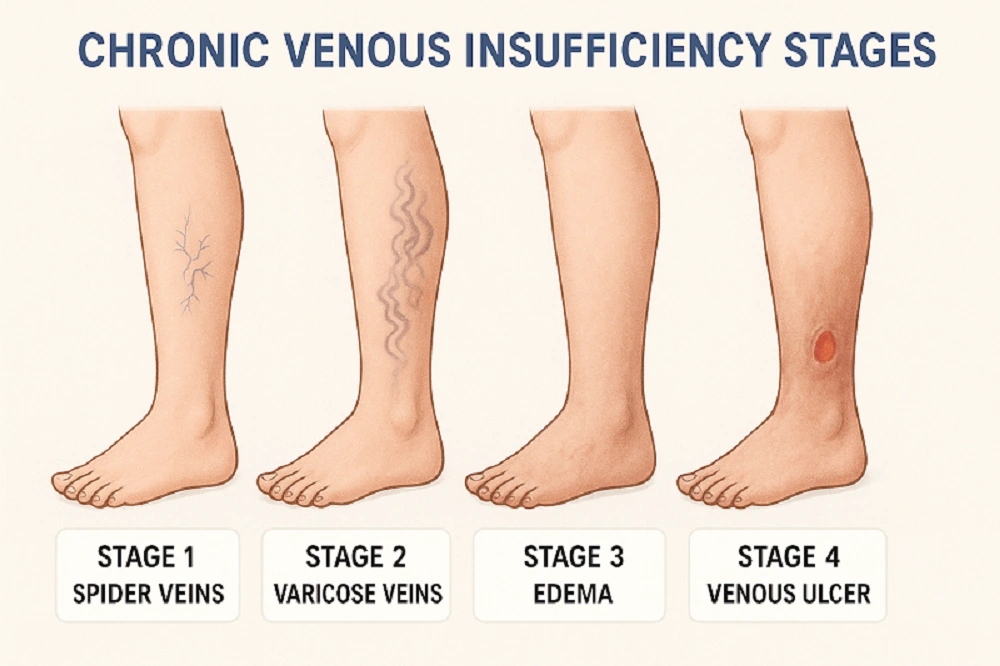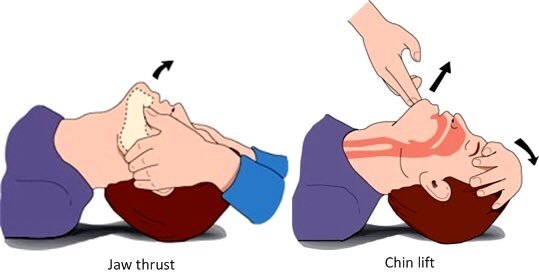
A healthcare provider is approached by a pharmaceutical company offering gifts in exchange for promoting their medication. What should be done?
- A) Accept gifts as long as they are not too expensive
- B) Refuse all gifts as they can create conflicts of interest ✓
- C) Accept gifts if they are disclosed publicly
- D) Only accept gifts if they are educational materials
In the context of healthcare, the relationship between providers and pharmaceutical companies is governed by ethical standards aimed at ensuring patient welfare and maintaining professional integrity. When a pharmaceutical company approaches a healthcare provider with an offer of gifts in exchange for promoting their medication, it raises significant ethical concerns.
Step 1: Understanding Conflicts of Interest
A conflict of interest occurs when a healthcare provider’s judgment regarding patient care could be influenced by personal gain. Accepting gifts from pharmaceutical companies can create such conflicts, as it may lead to biased prescribing practices that prioritize the interests of the company over patient health. The American Medical Association (AMA) and other professional organizations emphasize that financial relationships with industry should not compromise clinical decision-making.
Step 2: Evaluating the Options
- Option A: Accept gifts as long as they are not too expensive
- This option is problematic because even inexpensive gifts can influence behavior and decision-making. Research has shown that any form of gift can create an implicit obligation to reciprocate, which may lead to biased prescribing.
- Option B: Refuse all gifts as they can create conflicts of interest
- This option aligns with best practices in medical ethics. Refusing all gifts helps maintain objectivity in clinical decisions and protects the integrity of the provider-patient relationship.
- Option C: Accept gifts if they are disclosed publicly
- While transparency is important, simply disclosing accepted gifts does not eliminate potential biases or conflicts. Public disclosure does not mitigate the influence that these gifts may have on prescribing behavior.
- Option D: Only accept gifts if they are educational materials
- Educational materials can sometimes be acceptable if they are unbiased and directly related to patient care. However, this still requires careful consideration to ensure that such materials do not come with strings attached or promote specific products unduly.
Step 3: Conclusion Based on Ethical Guidelines
Given these considerations, the most ethically sound approach is to refuse all gifts from pharmaceutical companies. This stance helps maintain professional integrity and prioritizes patient welfare above any potential personal gain from accepting gifts.
Thus, the correct answer is:
B) Refuse all gifts as they can create conflicts of interest







